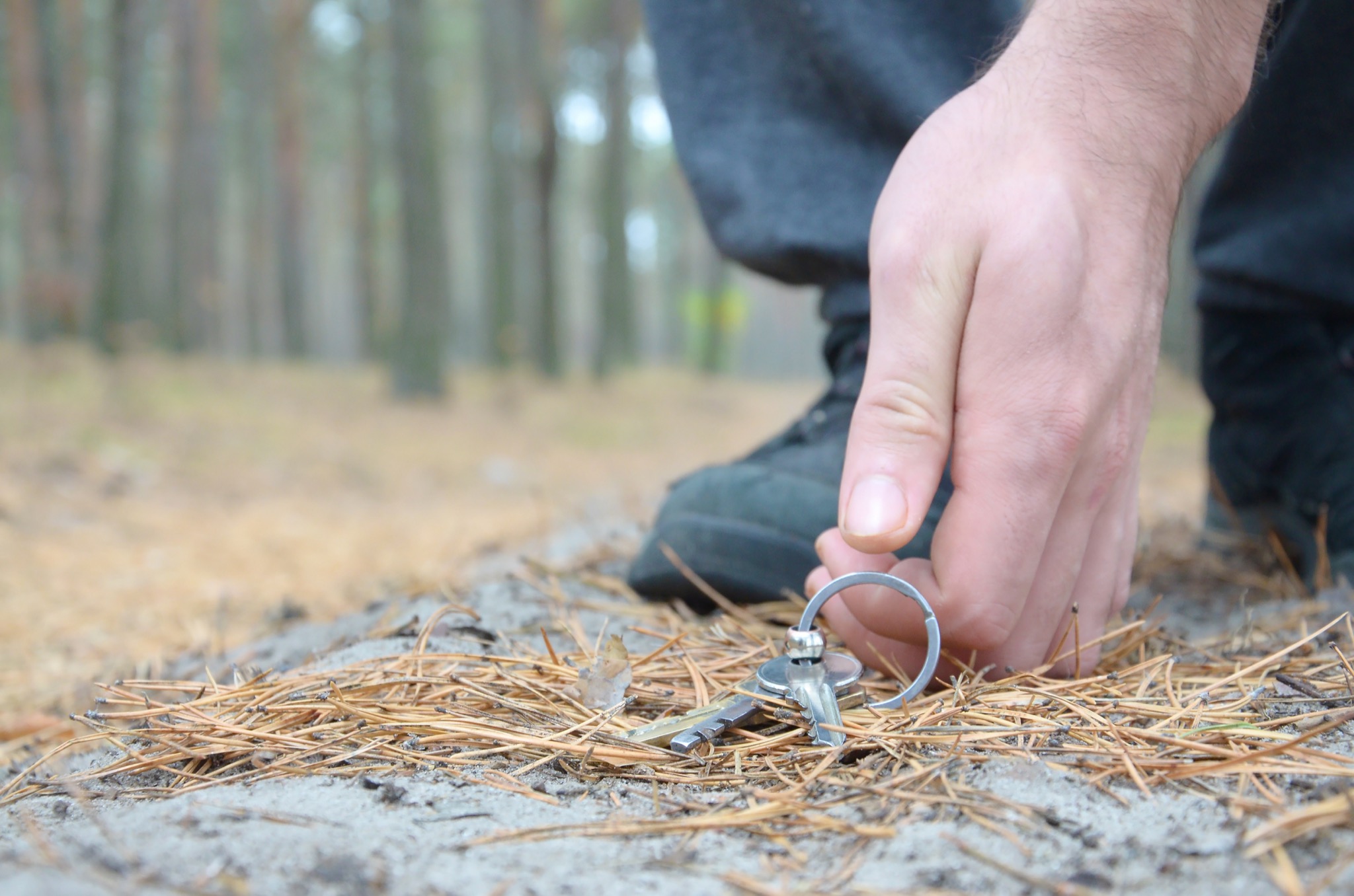Lost and found: easy method to find lost objects
Individuals are all misplacing or lose some objects from time to time, so it does not leave it any less irritating when it happens to you. Pushing yourself to find your lost possession and wasting time with clumsy searches are standard reactions, but they will not really help you to retrieve the missing item.
Strategy 1
Search in Common Missing Item Areas
Check out the clumsy areas of your home. Missing objects appear to be overlooked in the most crowded parts of the home or office. Search this kind of fields routinely, move items a few at a time, and position them mostly on the side to check again.
Go ahead cautiously and deliberately. Keeping the mess worse is only trying to make it difficult for you to locate your lost object. Define a clean area to put any object you’re looking for so that it doesn’t get muddled up with items that haven’t been reviewed yet.
Check lost and found areas. If you lost the item outside the home, you might ask the facilities where you’ve been that day whether they have a lost and found bin. Your item may have gotten turned in and could be waiting for you to claim it there.
Strategy 2

Reimagine Your Previous Actions
Keep calm. Take some deep breaths to rid your mind of all feelings of fear.
Dream of something that soothes the anxieties, like scenic beauty, a spot where you feel relaxed, or a good memory.
Do not let negativity drain your quest energy. Rather than saying, “It’s gone forever,” reassure yourself, “it would be around here and I’m going to find it.” Create a visual image of the time you last saw the item. What have you been doing or feeling? Include any more information as you can, even though they sound redundant.
Strategy 3
Taking Measures to Prevent Lost and Found Situations
Let things stand out enough that you don’t miss them too easily. If you seem to lose important items, make them larger, more visible, or more attention-drawing.
Any time you put an important thing in a place, give an additional moment to try to memorize where it is. Talk yourself out aloud or in your mind, “This is the place I’m putting this thing,” and memorize precisely what it looks like. It is kind of trying to create some sort of mental note.
One perfect way to eliminate the possibility of your lost items being reported by others at a lost and found is to put ID tags on them. But maybe a plain tag with your name on it will not resolve this issue. This is where the ID tags take the stage. Rewardhero provides personalized labels to all of our clients for a variety of products they choose. This method, not only do you get to show that the things you value really belong to you, but you also get a chance to avoid the bother of searching through lost and found out.
With our Personalized tags and global support, anybody who encounters your valuables can see the label and be able to make contact with our professional call center staff. This way you will live happy ensuring that your valuables will be shipped back to you.…
